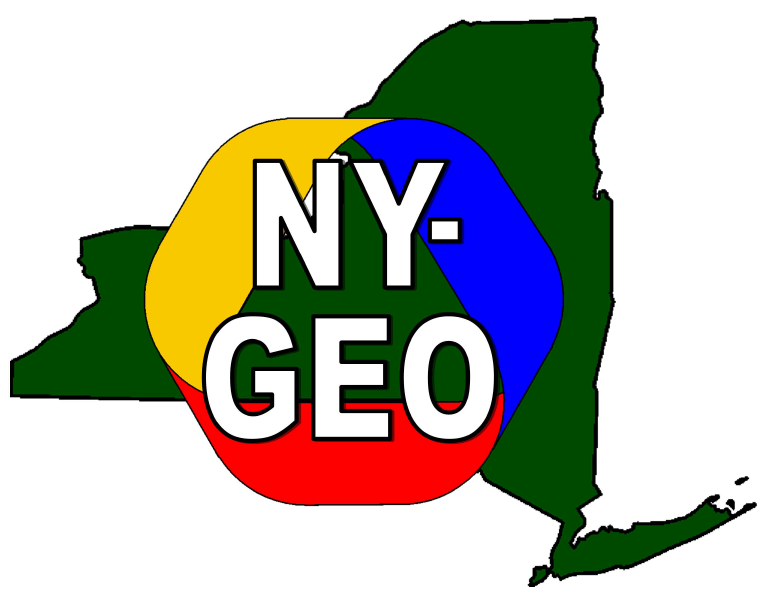Room M2A
NOTE: The Design Track Sessions are approved for CEU / PDH credits.
To receive you must register for credits on-line and sign out after conclusion of presentation, to verify your participation.
Room Proctor: John Rath / NY-GEO, Director of Operations
10:00 am
The Importance of Monitoring Commercial GSHP Systems
Discover how monitoring, key metrics, and operator training significantly improve GSHP system performance, with insights from real-world case studies. Participants will learn how to measure low temperature thermal energy, communication protocols for sending & receiving data, understand major system types and identify key features for monitoring systems.
Presenter: Connor Dacquay, P.E., CGD / GeoFease
11:30 am
How Incentives Influence Design Choices
Designers of GSHP systems need to be keenly aware of the impacts of their designs on the overall cost and performance of the system. But the net cost of the system also requires a strong working knowledge of the impact design decisions have on incentives. This session will outline the eligibility requirements and important metrics of the key federal, state and utility incentive programs, along with ways to make smart design choices that balance cost, performance AND incentive levels.
Speakers:
- Victor Braciszewski / SmithGroup
- Jeff Love / Sustainable Comfort
- Adam Shelly / Ecosystem
1:30 pm
Geothermal Borefield Horizontal Piping Design Options
The designer of a large commercial ground heat exchanger needs to propose a piping strategy to connect to the building. Turns out there’s more than one way to do that. This session will introduce and discuss the approaches practiced in the geothermal industry today. The information is intended to broaden the strategies for the horizontal piping, including buried reverse return circuits, subsurface confined space vaults, European-style manifold chambers and an alternative with none of those elements.
Moderator: Tracey Ogden / Brightcore Energy
Panel:
- Kim Ojanne / Rototec USA
- Stuart Lyle / ISCO
- Jens Ponikau / Buffalo Geothermal
2:45 pm
Refrigerant Regulations: Design Implications
Keeping ahead of changes in refrigerant regulations from state and federal agencies is particularly challenging at this moment in time. The Federal government may slow some of the anticipated changes while the NYS Department of Environmental Conservation’s (DEC) has recently adopted changes to the “Hydrofluorocarbon Standards and Reporting.” This session is targeted to building owners, system designers, general contractors and mechanical contractors trying to understand and comply with current and anticipated changes to refrigerant regulations.
Presenter: Jason FIller / F.W. Webb
4:00 pm
Geophysical Logging for Characterization of Bedrock Geothermal Bores
Geophysical logging provides an efficient means to characterize the geologic and hydraulic conditions penetrated by geothermal bores in bedrock. Geophysical logs including caliper, gamma, electric, image, deviation, flow, and fluid property are collected and analyzed to determine bore diameter and path, bedrock lithology and structure, and transmissivity and hydraulic head of fractured zones. Geophysical-logging concepts and methods will be illustrated through presentation of a series of example applications in bores that penetrated metamorphic rocks of the Manhattan Prong and Hudson Highlands and siliciclastic rocks of the Allegheny Plateau.
→Special Introduction by John Rhyner / Egg Geo, LLC
Presenter: John H. Williams / U.S. Geological Survey
